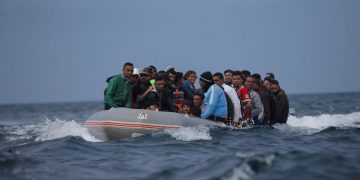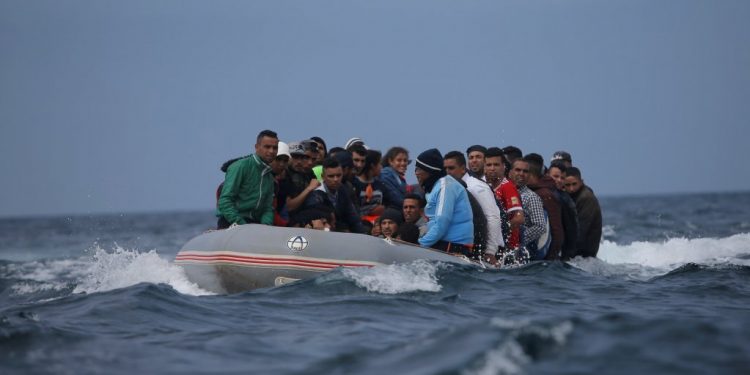By Ebi Kesiena
Representatives from 28 African and European countries convened in Libya’s capital, Tripoli on Wednesday to discuss strategies for addressing irregular migration.
At the Trans-Mediterranean Migration Forum, Libyan Prime Minister Abdul Hamid Dbeibah noted that there is a moral responsibility of countries towards those who risk their lives crossing the desert and sea in hopes of reaching Europe.
Libya, a primary departure point for refugees and migrants, mainly from sub-Saharan African nations, sees many risking perilous sea journeys to seek better lives. The United Nations has recorded over 20,000 deaths and disappearances in the central Mediterranean since 2014, making it one of the deadliest migrant crossings in the world.
According to Interior Minister Imad Trabelsi, “It’s time to resolve this problem because Libya cannot continue to pay its price.”
In recent years, the European Union has intensified efforts to curb migration, including providing equipment and financial support to the Libyan Coast Guard. This quasi-military organization has ties to militias accused of abuses and other crimes, leading to many migrants being stranded in Libya and often held in inhumane detention conditions.
The International Organization for Migration reported in May that there were more than 706,000 migrants in Libya at the start of the year, but Libyan officials claim the actual number exceeds two million. “Libya found itself caught in pressure between [Europe’s] turning back of migrants and [their] desire to migrate,” Dbeibah said, advocating for development projects in departure countries. “We can only resolve the migration crisis at the root, in the countries of departure,” he added.
Last week, Libyan authorities stated that up to 80 percent of foreigners in the country are undocumented, declaring that hosting people aiming to reach Europe has become “unacceptable.”




































